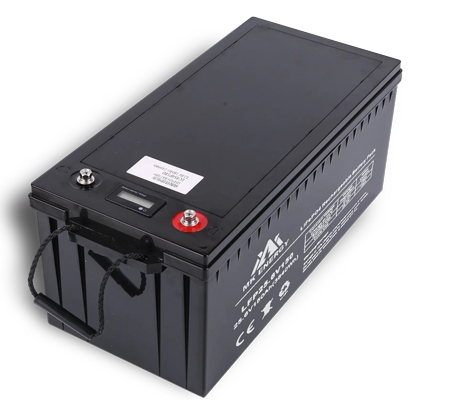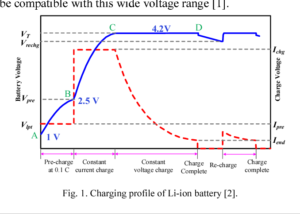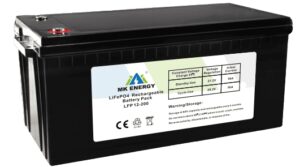Can lead-acid batteries be used to charge LiFePO4 Lead acid case battery?
A common question in the world of battery technology is whether it is possible to charge a LiFePO4 lead-acid case battery using a lead-acid battery. For this question, we at MK Energy will delve into the compatibility of these two battery types, studying the advantages and potential challenges they bring. Join us to explore the feasibility of using lead-acid batteries to charge LiFePO4 lead-acid case batteries.
A closer look at LiFePO4 lead-acid case battery
LiFePO4 batteries are known for their high energy density, long cycle life, and excellent thermal stability. These batteries are becoming increasingly popular in various applications, from renewable energy storage to electric vehicles. LiFePO4 lead-acid case batteries essentially encapsulate LiFePO4 batteries in a lead-acid battery case, enabling users to use them as a drop-in replacement for lead-acid batteries. The benefit is that they can offer the benefits of LiFePO4 chemistry while fitting into existing systems designed for lead-acid batteries. However, this unique design raises compatibility issues, especially regarding charging.
Voltage and charging profiles
The compatibility of charging lithium iron phosphate batteries with lead-acid batteries mainly revolves around voltage and charging curves. LiFePO4 batteries generally require higher charging voltages than lead-acid batteries. Lead-acid batteries have a charging voltage range of approximately 2.15V to 2.35V per cell, while LiFePO4 batteries typically need a higher voltage range of 3.2V to 3.6V per cell. While this difference in charging voltage may cause concern, it is not an impossible challenge. There are several ways to charge LiFePO4 lead-acid case batteries using a lead-acid charger safely. Still, you must ensure the charger is specifically designed or configured to provide the required voltage and charge curve. It would be best if you equipped these chargers with voltage regulation to meet the needs of LiFePO4 batteries.
LiFePO4 Lead acid case battery incompatibility risk
It is important to emphasize that charging LiFePO4 lead-acid case batteries with a conventional lead-acid charger that lacks the necessary adjustments can be risky. Incompatible charging can lead to overcharging, excessive heating, capacity loss, and, in extreme cases, thermal runaway or fire. Therefore, users must exercise caution and ensure they have charging equipment designed to handle LiFePO4 batteries or appropriately configured to provide the correct charging voltage and profile. Using a charger not intended for LiFePO4 batteries may result in safety hazards and potential damage to the battery and charging equipment.
Advantages of compatibility: long life, high efficiency
While there are some considerations and potential risks associated with using a lead-acid charger to charge LiFePO4 lead-acid case batteries, compatibility has its advantages. Compared with traditional lead-acid batteries, lithium iron phosphate batteries have longer cycle life, higher energy density, and better performance in extreme temperatures. By using LiFePO4 lead-acid case batteries and ensuring that users charge them correctly, users can experience the benefits of extended life and increased efficiency. These batteries are also not prone to sulfation, a common problem with lead-acid batteries that can occur when users leave a lead-acid battery partially charged for an extended time. LiFePO4 cells are more forgiving, making them an attractive option for infrequent applications.
Specifically tailored for LiFePO4 Lead acid case battery
As the demand for LiFePO4 Lead acid case batteries grows, the industry is launching specialized charging solutions to respond. We at MK Energy are developing chargers designed explicitly for LiFePO4 batteries or offering adjustable settings to meet voltage and charge curve requirements. This trend aims to simplify and enhance the charging process of LiFePO4 batteries while ensuring safety and efficiency. With these specialized charging solutions, users can have peace of mind, knowing they can optimally charge their LiFePO4 lead-acid case batteries, thereby extending service life and maximizing performance.
Please be careful about the compatibility
While there are several ways to charge LiFePO4 lead-acid case batteries using a lead-acid charger, it is essential to proceed cautiously and ensure that the equipment and setup are appropriate and safe. We at MK Energy can look forward to more tailor-made charging solutions to streamline the process and ensure optimal performance from these innovative batteries.



